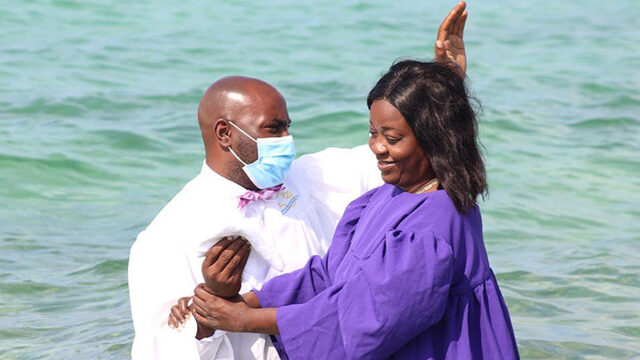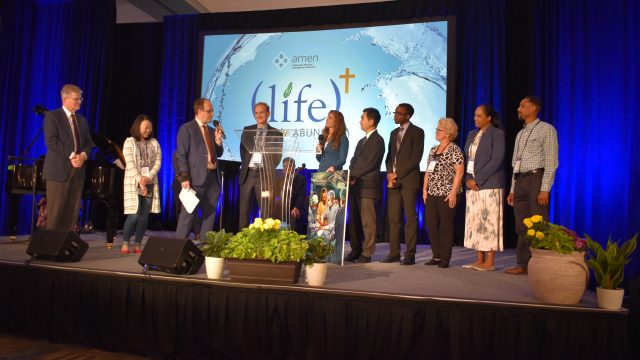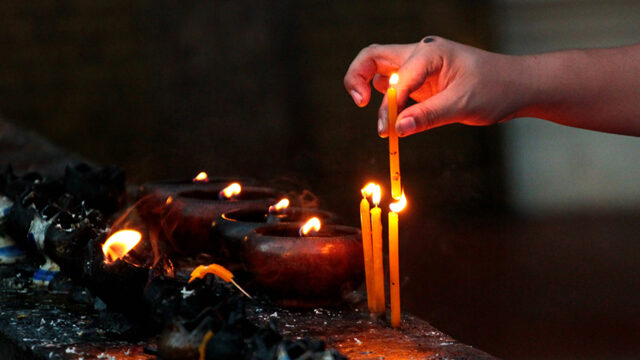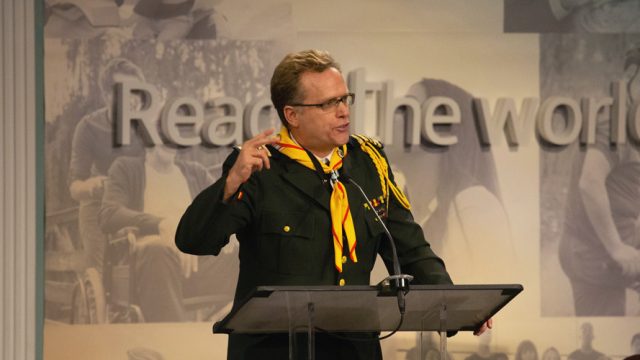In southern Philippines, Adventist teams hope to provide education, training.

On July 24, during a courtesy call to the Seventh-day Adventist Church in the Zamboanga Peninsula Mission (ZPM) in Tiayon, Ipil, church leaders announced sixty new volunteers and the establishment of five additional schools in the war-stricken areas of Sulu and Tawi-Tawi in the Philippines. This collaborative effort between ZPM, the Socio-Economic Uplift, Literacy, Anthropological, and Developmental Services (SULADS), and the Adventist Muslim Relations (AMR) initiative aims to bring education and hope to these regions, assisting in their steady recovery from the ravages of conflict.
In the Sulu Cluster
In the Sulu Cluster, there are two sites: Sulari and Kahoy Sinah, both located in Parang, Sulu. This island, situated in the southern Philippines, is rich in culture, has abundant marine resources, and is home to the Tausug and Badjau tribes, among the most solid Muslim tribes in the country. In November 2022, the Special Forces declared Sulu terrorist-free despite having experienced more than two decades of war.
For the longest time, Sulu lacked peace, education, and livelihood, especially in remote areas. However, the situation is improving. Two flourishing schools, the Peace Formation and Learning Centers, are located in Bud Bunga and Upper Sinumaan, Talipao, Sulu, serving the Tausug people. Last school year (2023-2024), these schools accommodated 328 students, excluding adult classes, according to registrar Fellah Pagapong. With their new supervisor, Junarey Duarte, and the support of new volunteers, four schools will be in full operation starting in 2024, further contributing to the region’s recovery and growth.
The influence of ZPM, SULADS, and AMR continues to grow in Tawi-Tawi, known as the seaweed capital of the Philippines. New schools will be established on Tahao Island and Guakan Island, with the school on Tambunan Island reopening, regional church leaders said.
In the Tawi-Tawi Region
The Tawi-Tawi Cluster, which includes schools on Bagid, Laa, Tando, Punduhan, Liabuoran, Tongbankaw, and Tah-tah islands, served 800 students last school year. These students primarily belong to the Sama, Tausug, Badjau, and Jama Mapun tribes, according to Duarte, former supervisor in the Tawi-Tawi Cluster. With new leadership from Cluster Supervisor Diodolo Luad, ten schools will be fully operational in 2024, leaders said.
These schools have become annexes to the local education department schools, allowing students to pursue their dreams through the dedication of ZPM, SULADS, and AMR volunteers. The establishment of these five new schools aims to extend education and hope to more communities, providing opportunities for those who seek learning, peaceful living, and a bright future.
Volunteers will engage in community activities, conduct house-to-house visitations, offer basic medical care such as blood pressure checks, and promote healthy living. They are planning to provide free education to both adults and children and introduce basic livelihood skills to help sustain families.
The new batch of volunteers received heartfelt encouragement from church leaders, with ZPM executive secretary Vilmar Mandalupa urging them to emulate the biblical David, a man after God’s own heart, and reminding them that God qualifies those He calls.
ZPM education department director Victor Palin shared his extensive experience in Tawi-Tawi, inspiring the volunteers to give their best efforts while keeping God at the center of their lives.
Additionally, ZPM Adventist Mission director Ranny De Vera provided an orientation on the volunteers’ responsibilities in the field, addressing their needs through the HEAL (Health, Education, Agriculture, and Livelihood) program of SULADS.
Leaders said that “with unwavering support from ZPM administrators and workers, this year’s batch of volunteers is now ready for their mission.”
The original version of this story was posted on the Southern Asia-Pacific Division news site.








